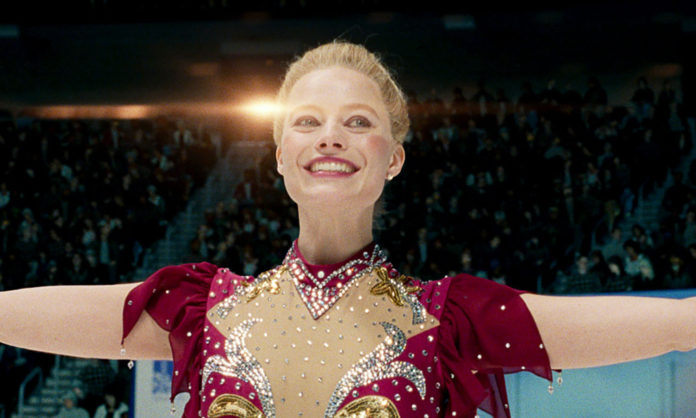One of the key tenets of fiction is that your characters must be well-rounded. Your protagonists must have strengths and flaws. Your villains should not be pure evil, but capable of seeing themselves as the hero.
But often, writers present their characters the way we conduct ourselves during job interviews. Yes, we have flaws, but we are aware of them and work through them. We have our manageable idiosyncrasies. In fact, our flaws are really strengths. We care too much. We work too hard.
Writers do the same with their characters. We create workaholics or disorganized moms, the taciturn protagonist who doesn’t like to talk about their emotions, occasionally a character whose quirks border on the obnoxious. The dog walker who doesn’t pick up after his pet. The shoplifter. Misdemeanor fiction, cured with light therapy.
But what about the unlikeable characters and those not merely unlikeable but capable of terrible acts, the kind you can’t come back from? Those are harder, but in our opinion, far more rewarding for the writer and the reader.
In an essay for Lit Hub, Askold Melnyczuk discusses one of his recent short stories, whose character is based in part on one of the soldiers accused of humiliating and torturing detainees at Abu Ghraib prison in Iraq. Friends have asked Melnyczuk why he allows such characters to occupy space in his head.
“I’ve worried with Mrs. Dalloway about her party, fretted alongside Zoe over Franny’s breakdown, raged at the racists with Baldwin, and stalked the hungry streets of Oslo with Hamsun’s raving scribbler,” he explains. “None of the people I encountered in these novels were saints…Fiction should use its singular devices to disillusion us, lest we be deceived by placebos and lies. The best fiction tells lies that lie deeper than truth. Indeed, disillusionment is one hugely positive side effect that arises from reading the very best fiction.”












